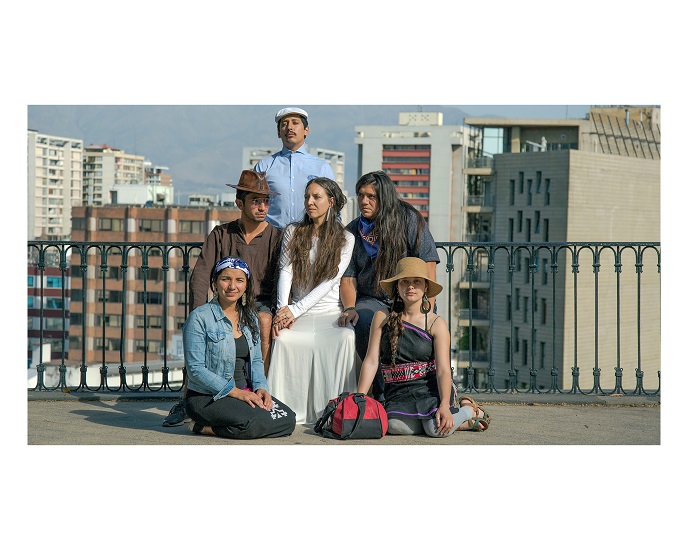Advanced cooperation for the social sciences and humanities
The EU-funded project INTERCO-SSH (International cooperation in the SSH: Comparative socio-historical perspectives and future possibilities) was the first large-scale comparative project regarding the institutionalisation of seven disciplines in the SSH (economy, sociology, political science, anthropology, psychology, philosophy, literary studies). The initiative used the tools of the SSH to study the subject areas in their socio-historical context in eight countries (Germany, France, Hungary, Italy, the Netherlands, United Kingdom, Argentina and the United States) from 1945 to the present. Researchers began by developing a methodology and a concise set of objective indicators for studying SSH from both a comparative and transnational perspective. They examined three different perspectives on SSH in Europe, rather than comparing individual cases. In order to identify national patterns of institutionalisation, they mapped the recent history of the SSH in various European countries with reference to their main intellectual partners outside Europe. INTERCO-SSH examined the extent to which the varying institutional (or academic) division of labour within the SSH is an obstacle to cooperation among actual research branches. The researchers focused on the ways in which geographic and disciplinary boundaries have manifested themselves in the SSH, and how scholars and knowledge have circulated across research domains and national contexts. Indicators of internationalisation were built and used, such as international associations, international co-authorships, translations and exchange programmes. The researchers elaborated patterns of international circulation of ideas in the SSH based on case studies of these competing theories and paradigms and the controversies they provoked. Focusing on three perspectives of institutionalisation, crossing boundaries and circulation of ideas, they were able to identify factors acting either as obstacles or as triggers for scientific cooperation. The project also produced a Handbook of Indicators of Internationalization. Researchers studied how selected key thinkers and relevant paradigms in the SSH were received and circulated across various disciplines and countries in Europe, Latin America and United States. Another case is the study of controversies, examining specific cases of controversial reception and circulation, in order to shed light on actual and potential barriers and obstacles in processes of intellectual circulation. The results have produced new insights into issues of interdisciplinarity and internationalisation, both at a general analytical level and at the more specific levels of countries and disciplines.







